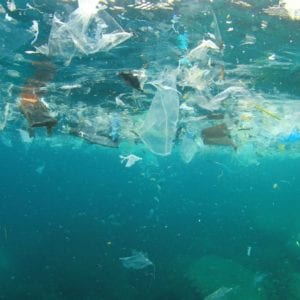Around 180 countries reached a deal that aims to sharply reduce the amount of plastic that gets washed into the world’s oceans and clamp down on shipments of plastic waste to poorer countries.
This is according to the United Nations. They agreed to amend the Basel Convention to make global trade in plastic waste more transparent and better regulated, while also ensuring that its management is safer for human health and the environment. The agreement was reached after a two-week meeting of the Conferences of Parties (COPs) in Geneva. The meeting amended the 1989 Basel Convention on the control of hazardous wastes to include plastic waste in a legally-binding framework.“Plastic waste is acknowledged as one of the world’s most pressing environmental issues, and the fact that this week close to 1 million people around the world signed a petition urging Basel Convention Parties to take action here in Geneva at the COPs is a sign that public awareness and desire for action is high,” UN Environment’s Executive Secretary of the three conventions, Rolph Payet said in a press release.
“Pollution from plastic waste, acknowledged as a major environmental problem of global concern, has reached epidemic proportions with an estimated 100 million tons of plastic now found in the oceans, 80-90% of which comes from land-based sources,” the statement said. Payet said the negotiations, which began 11 days ago and brought together 1400 delegates and had gone much further than anticipated. At the same time, a new Partnership on Plastic Waste was established to mobilise business, government, academic and civil society resources, interests and expertise to assist in implementing the new measures, to provide a set of practical supports – including tools, best practices, technical and financial assistance – for this ground-breaking agreement.






